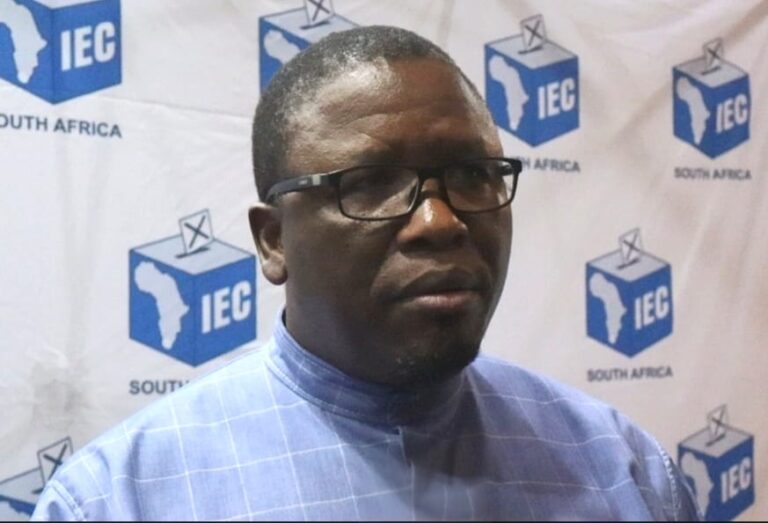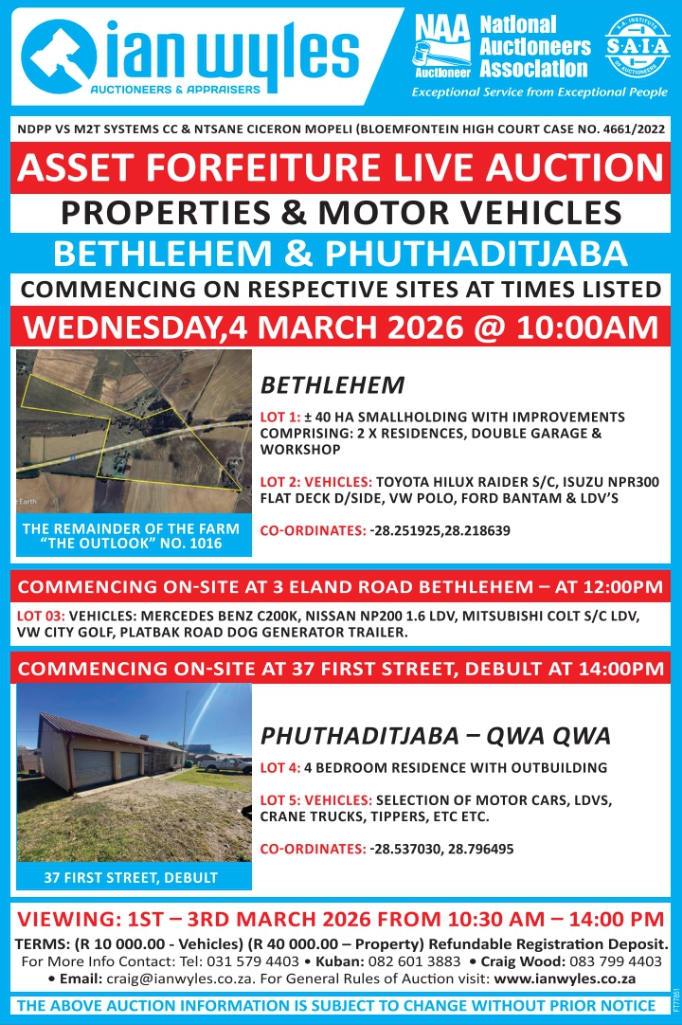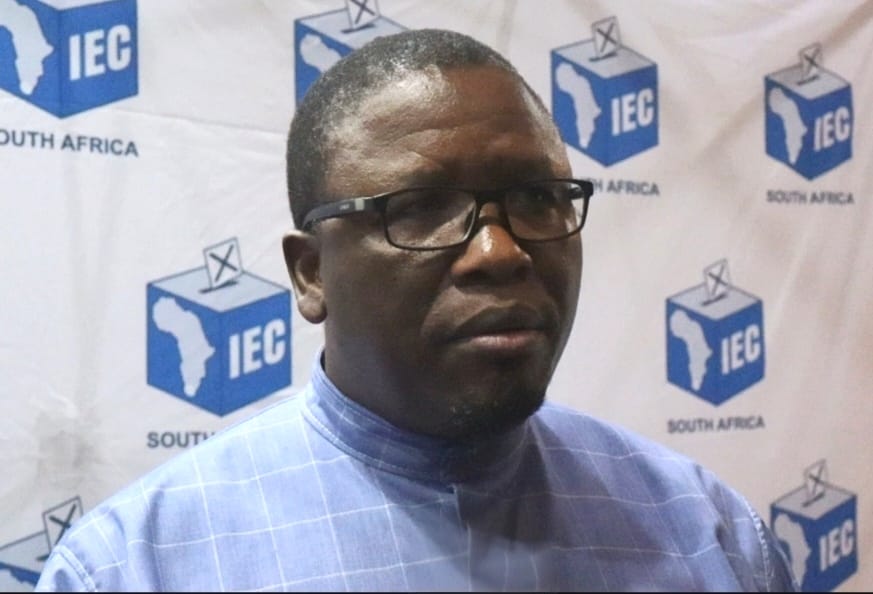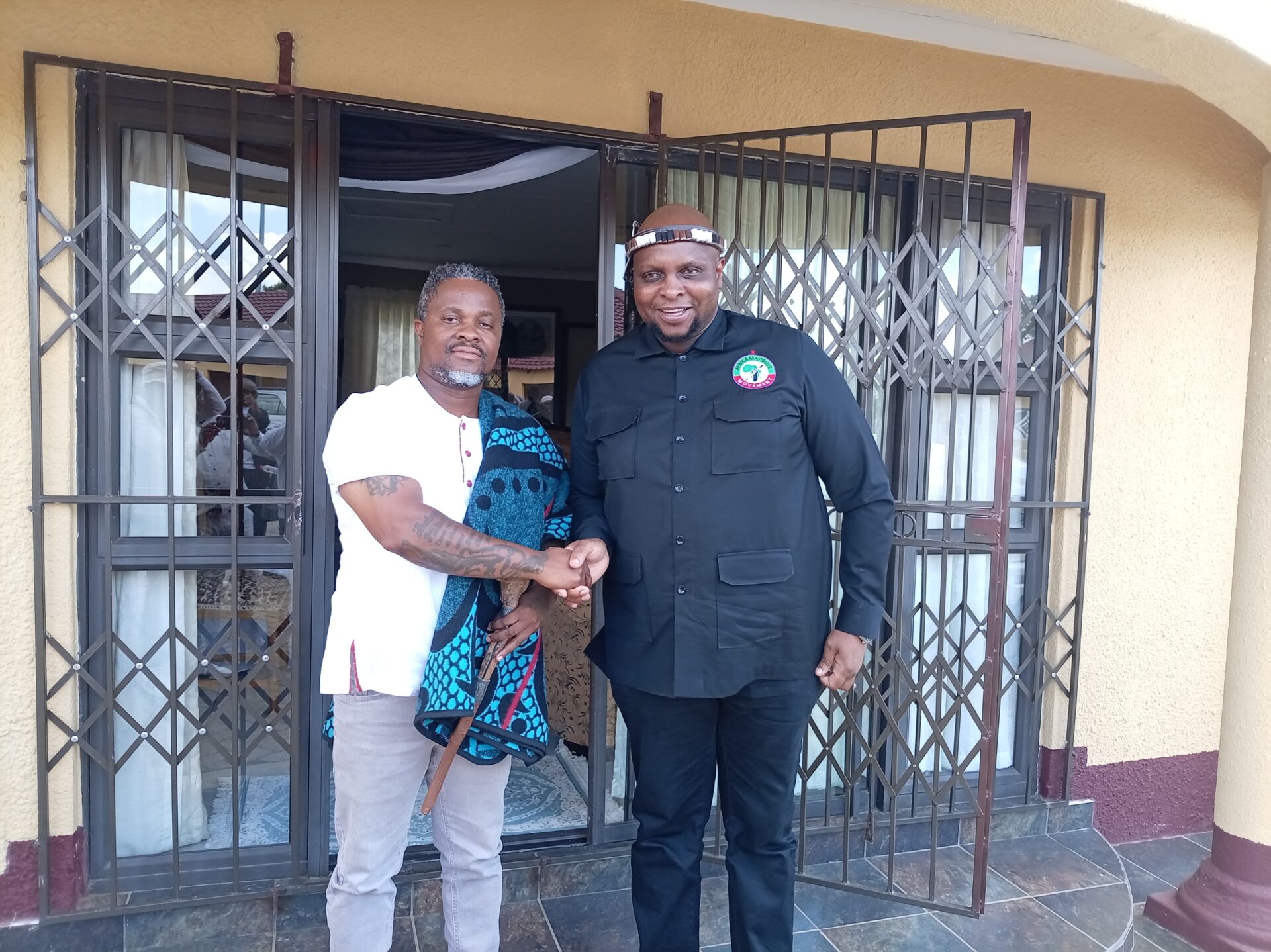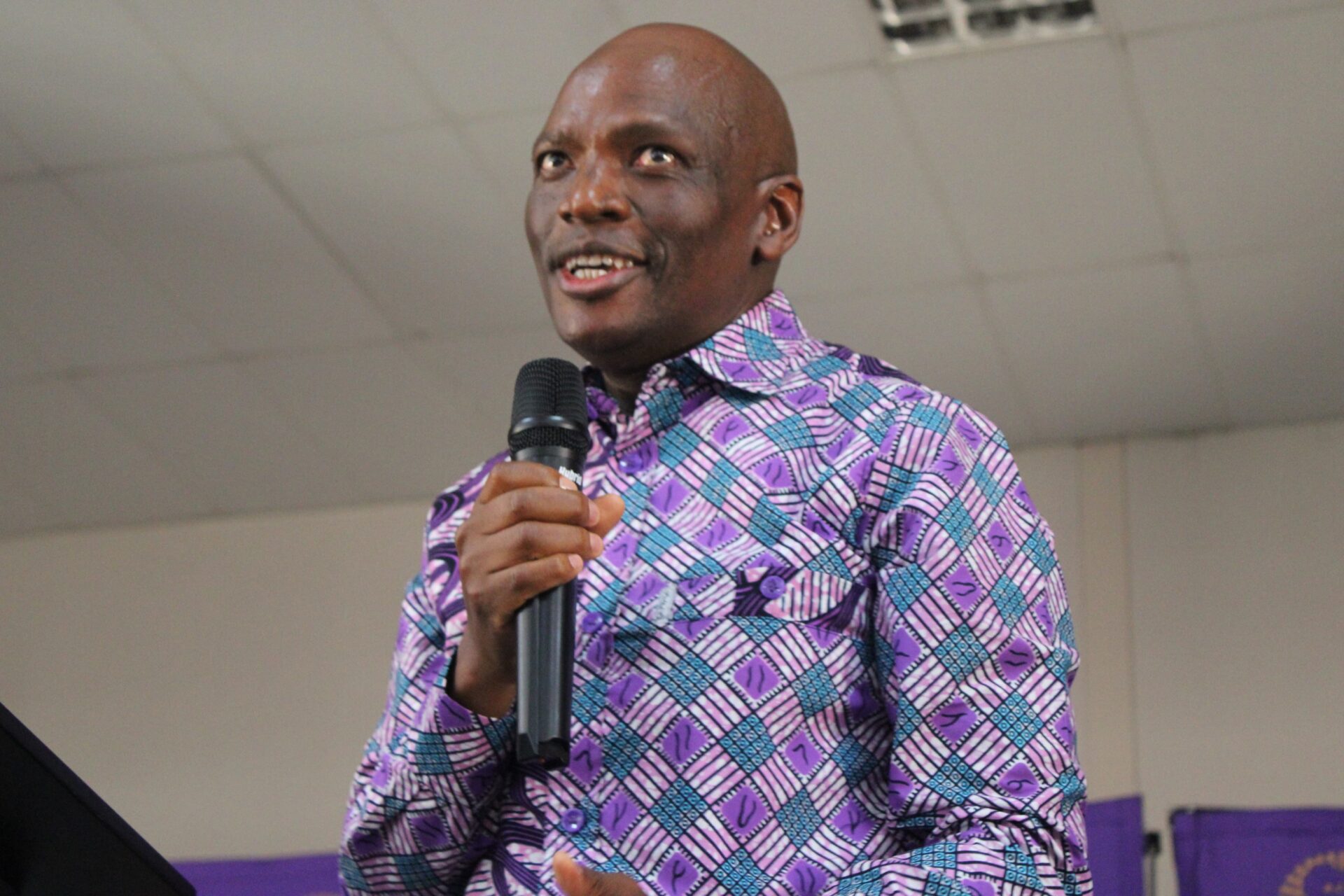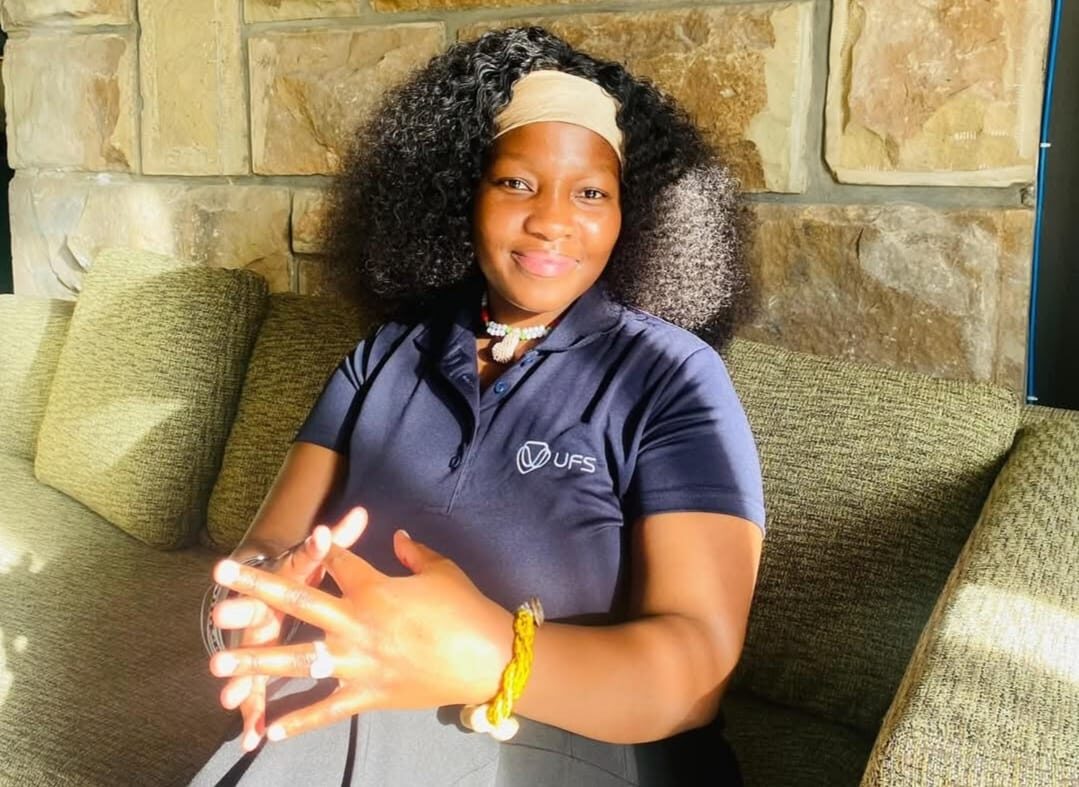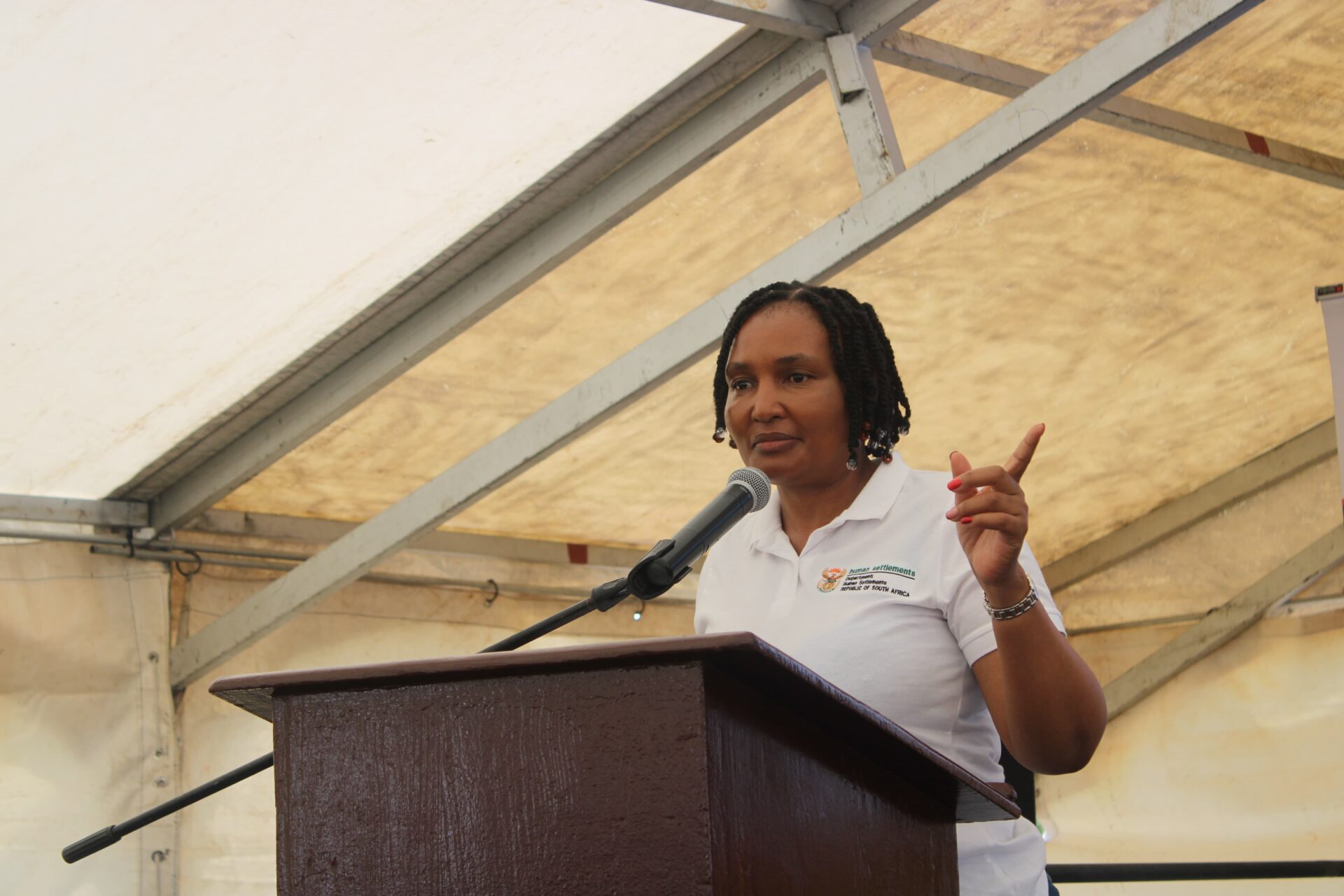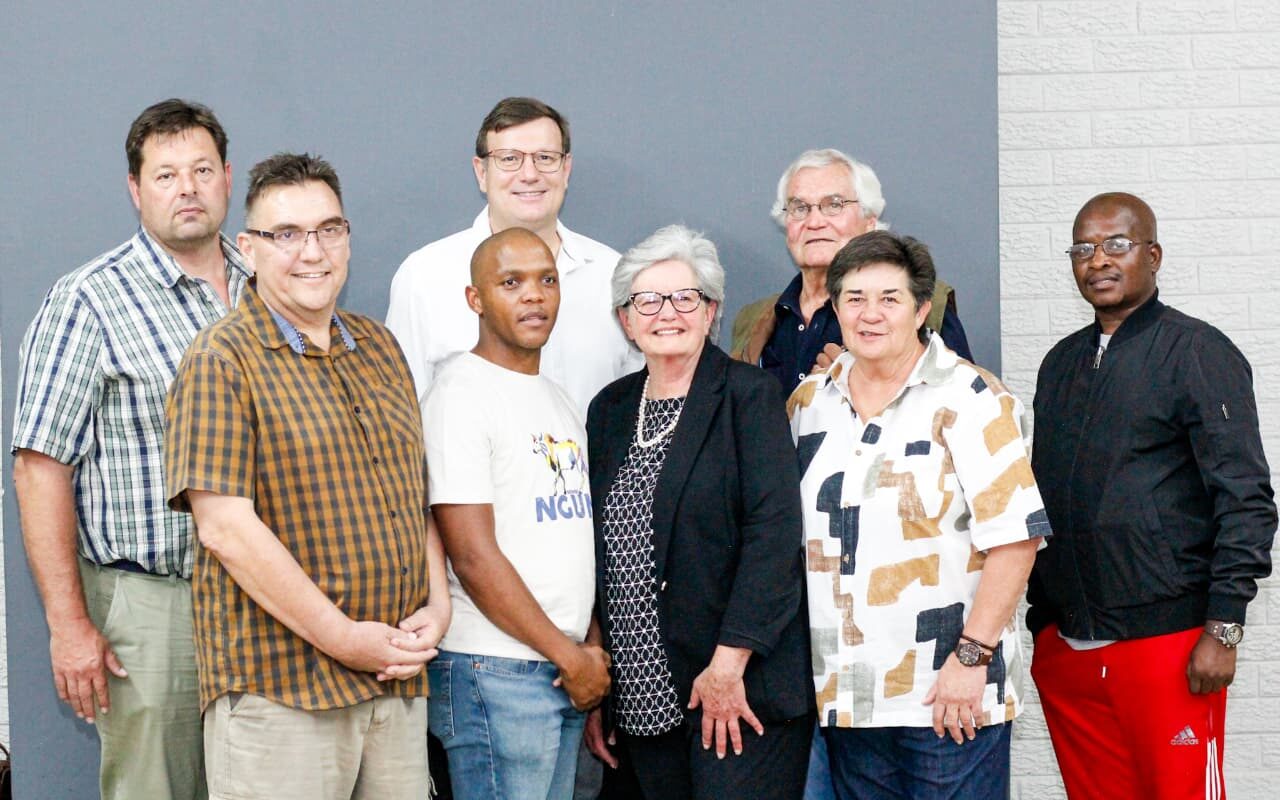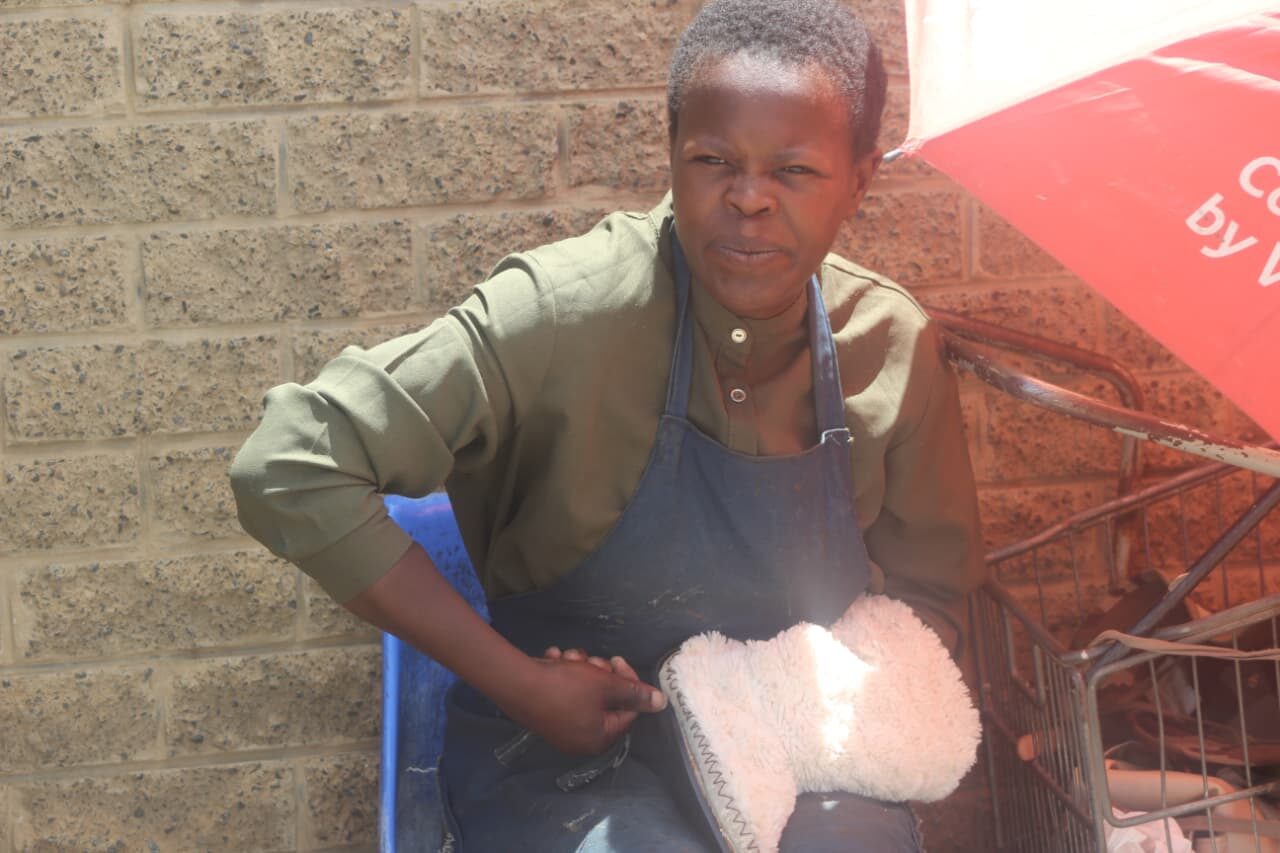By Emily Setona
BETHLEHEM – Local municipalities that will be affected by the closure of the Lesotho Highlands Water Project (LHWP) due to maintenance from 1 October to 31 March 2025 have expressed uncertainty at the impending closure, when briefing minister of water and sanitation Pemmy Majodina during her oversight visit to assess their state of readiness.
In Thabo Mofutsanyana district municipality, the LHWP shutdown is going to directly affect two municipalities, namely Dihlabeng and Nketoane. Mafube local municipality in the Fezile Dabi district will also be affected.
The executive mayors of Thabo Mofutsanyana and Fezile Dabi, Connie Msibi and Dennis Khasudi respectively, were both present at the deliberations.
During her presentation on behalf of the executive mayor of Dihlabeng who was not present, the MMC for infrastructure and technical services, Jane Twala admitted that this local municipality is not ready for the closure of the LHWP tunnel closure.
“As Dihlabeng local municipality we are not 100 percent ready; our preparations only stand at 50 percent. We must still drill three new boreholes, and we plan to do this next week. There are existing boreholes that we have no access to because they are located on the Bethlehem golf estate and they are using them for their reticulation system.
“Because of an agreement they previously signed with an individual who is no longer at the municipality we have requested the help of our legal team to handle this matter,” Twala and her team said during their presentation.
On the other hand, Mafube local municipality executive mayor Tlhoare Motsoeneng, made a presentation on behalf of the local municipality of Mafube which will also be affected by this shutdown. He admitted that they are also not ready for the closure.
“The closure of the LHWP will only affect the community of Tweeling. We have engaged the community, and they are aware of what will be happening. The contractor is already drilling 2 boreholes and will refurbish 6. Our biggest challenge when it comes to Tweeling is the farmers who do not allow us to access boreholes that are on their properties that is why we are having a delay. We need an intervention to communicate with the farmer because they are giving our constructor a tough time to work on the boreholes on his property,” The executive mayor of Mafube Tlhoare Motsoeneng said.
In response to the content of all the presentations, this is what Minister Majodina said; “This session or interaction is agreeing that the shutdown cannot be postponed, unfortunately. Therefore, we must pull out stops towards ensuring that we get ready towards that date. How do we get ready in an environment of the reports that were presented here today?
“One we must ensure that we pay attention to all the water resources that are around each municipality. Two, we must ensure that we audit the storage capacity among all the municipalities that are affected. The third one, as we go towards the war room meeting on the 20th, between now and the 20th we need to go back to the basics. Every municipality must see what can be done. If there are about three boreholes that must be drilled, are we ready for that? If not ready, what is needed? What capacity or added capacity is needed for that municipality to be able to drill the three boreholes.”
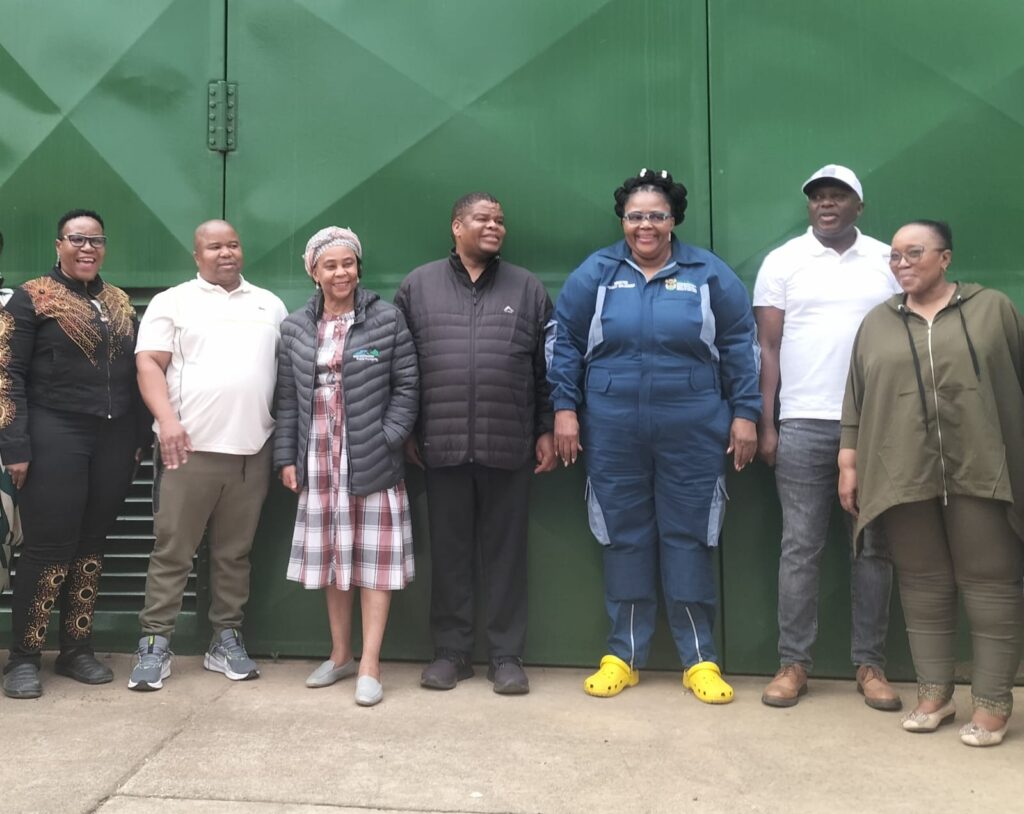
Water and sanitation minister Pemmy Majodina, Deputy Minister David Mahlobo, Deputy Minister of Performance, Monitoring and Evaluation Seeiso Mohai, and Free State MEC for Cooperative Governance and Traditional Affairs Saki Mokoena.
“Having audited the storage capacity, fill up all the storage capacity so that we keep as much water as possible. Also focus on emergency procurement because this is just not a normal operation. We have been lax for the last few months now we are left with days; we cannot be lax anymore.”
Deputy Minister of DWS David Mahlobo who had accompanied the minister made the following remarks to the presentations during this engagement session:
“Minister and the team, I want us to separate issues, how do we separate issues. The first question that we must ask ourselves is where the water will come from. The presentations are not good, they are not good because you know when you do a diagnosis you should have said, my municipality gets so many volumes of surface water from the tunnel, and other volumes of water come from here.
“Anyway, I am not going to go into that and worry the team. It looks like from our side of the department of water and sanitation we can guarantee that the issues of bulk supply will be available.”
On behalf of the local municipalities, Free State MEC of Corporate Governance and Traditional Affairs (COGTA) Teboho Saki Mokoena said: “We really need to work together to tighten our space, and at least get back to the minister with a response not later than next week to say how do we manage, mitigate and intervene in instances where we foresee problems.
“We need to see how we leverage on the presence of the national government and the province to help avert what I am worried about, the possibility that the closure might simply compound an already challenging situation we are sitting with. With the capability we have and the willingness we can resolve the issues we have.”







